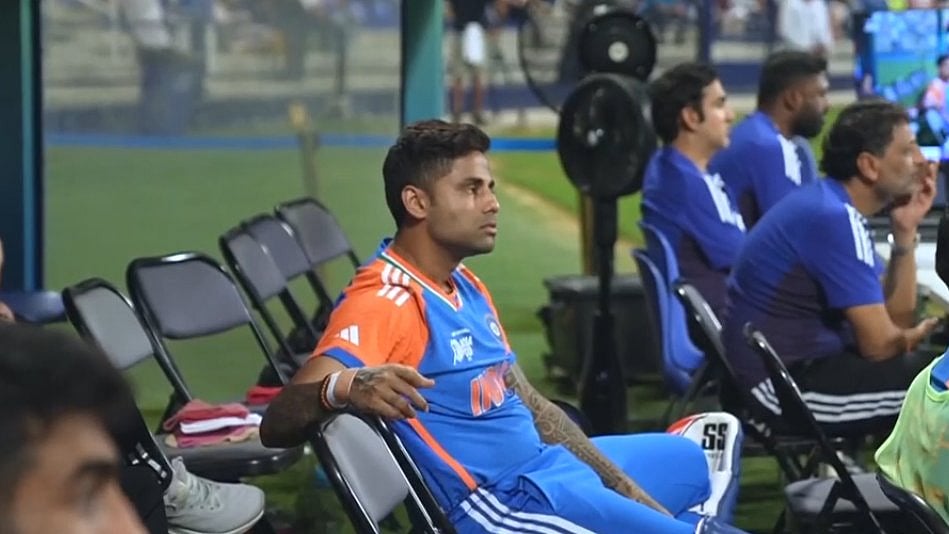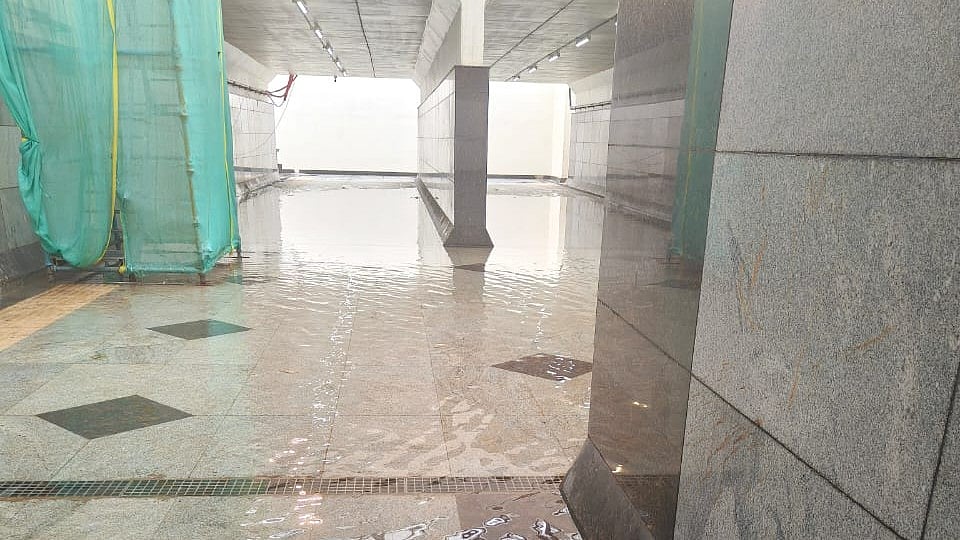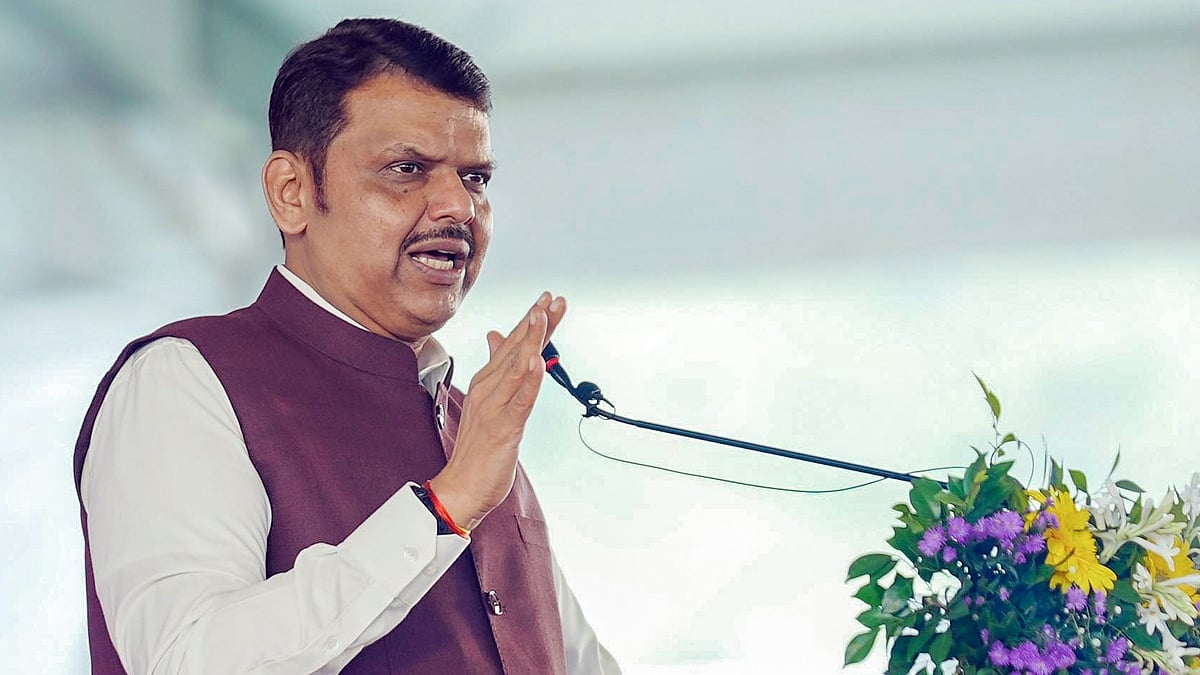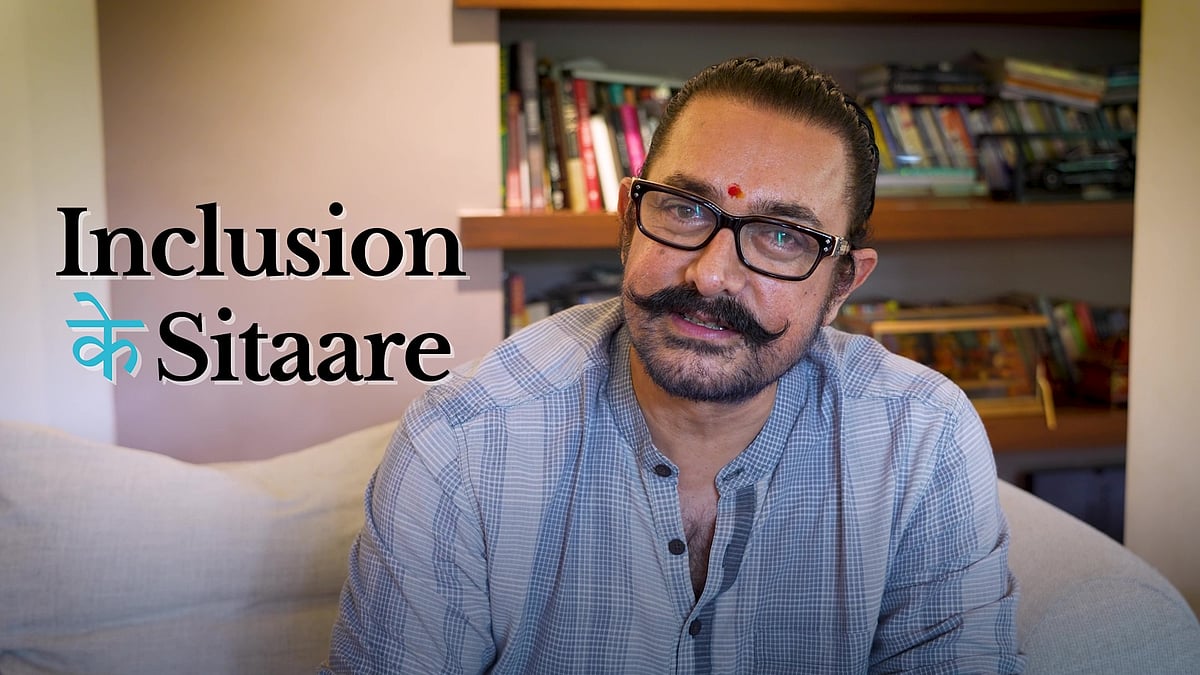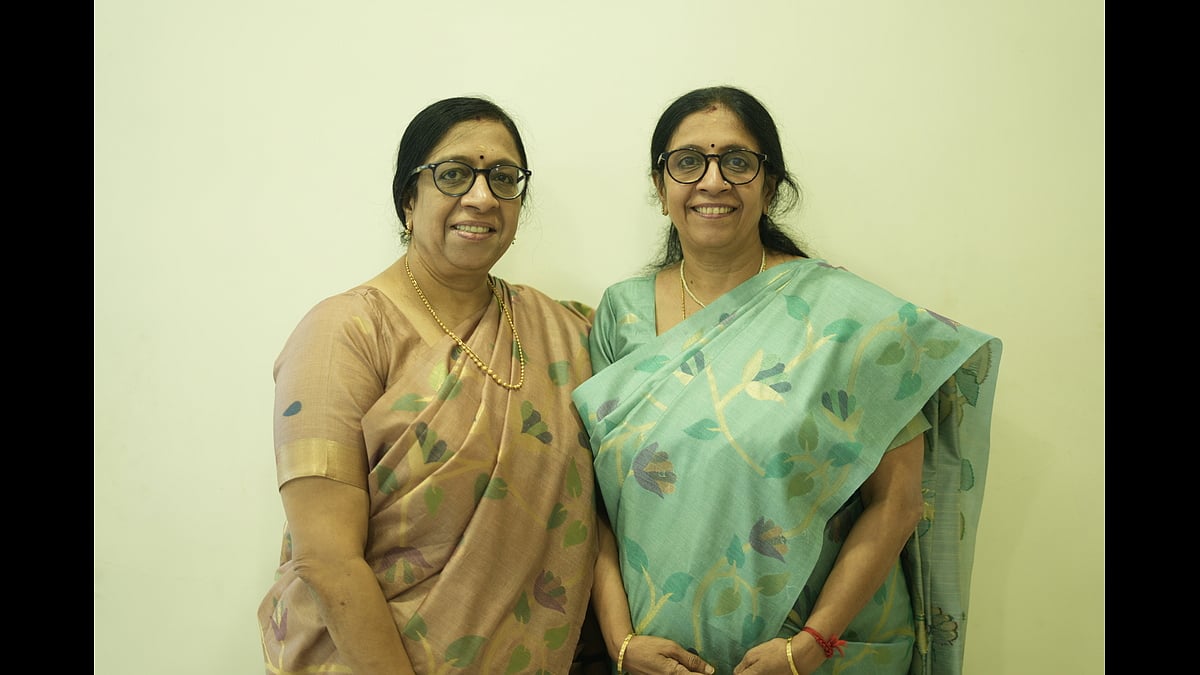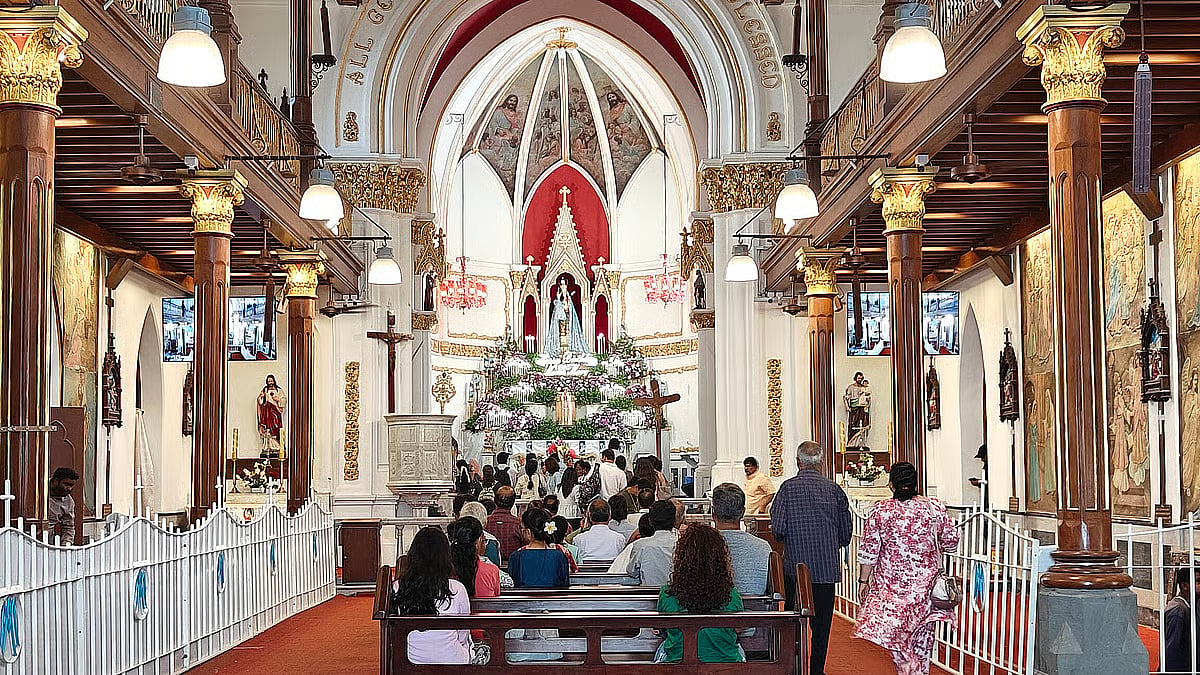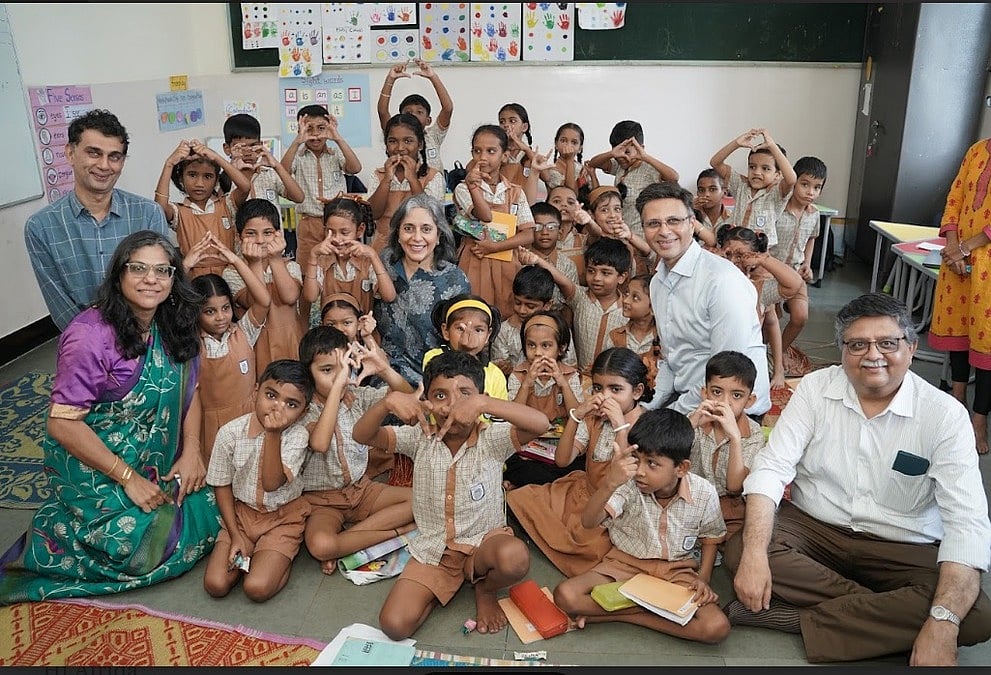Technology entrepreneur Kedar Sohoni started reading up on waste management and was startled by what he learned. “I realised that Mumbai sends almost 8,000 to 9,000 tons of waste to the dumping ground every single day. And that got me thinking in terms of a solution, which is straightforward—segregation of the waste at source. So there’s composting your food waste, recycling your plastic waste, etc.,” he shares. However, he also realised that while conceptually it's not difficult, getting people to actually do it is a mammoth task.

Madhav Chavan, co-founder of Pratham Education Foundation |
“The municipal corporation spends a lot of money on waste management and yet so much waste goes to the dumping ground. At the same time, what we get back is just pollution. It just didn't add up!” shares 53-year-old Sohoni, adding that he thought it was a large enough problem for him to work on. So, in 2017, he started Green Communities Foundation (GCF).

GCF has worked with over 450 villages in Maharashtra |
The vision for the NGO is to have a waste-free city, which doesn’t mean that waste is not generated. It means that whatever waste is generated is segregated properly, sent to the right destination, and causes as little harm as possible.
“Our immediate mission is twofold. One is, we are working in Mumbai, of course, where our immediate target is to work on one BMC ward and convert that into a waste-free ward. And once we have created a model, we can go ahead and replicate that in other civic wards of Mumbai,” shares Sohoni. GCF is currently working in the P-East ward, which covers large areas of Malad East. The organisation picks up dry waste from this ward and sends it to a material recovery facility for further sorting so it can be sent for recycling.
Since its inception, the organisation has worked with over 300 societies and a large number of organisations in Mumbai, benefiting around 1,50,000 people. When it comes to rural waste management, a lot of plastic waste is generated, and unlike in the cities, the infrastructure for waste collection and disposal is not good enough. “As a result, most of the residents end up littering or burning their waste, leading to pollution and health issues. In collaboration with a few organisations, in several villages in Maharashtra, the waste is segregated at home and aggregated at the village level,” shares the Goregaon resident.
GCF’s two vehicles travel on a route plan created in the villages of Raigad and Ahmednagar districts, where the dry waste is collected and brought to their material recovery facility. Here, the waste is further segregated and sent for responsible recycling. They have worked with over 450 villages in Maharashtra, and around 2,00,000 people have benefited.
Madhav Chavan, co-founder of Pratham Education Foundation, shares, “Kedar has dedicated his life to socially relevant global problem-solving, and that makes him a role model for a lot of young people. He has taken up the mammoth task of waste management in rural and urban areas, which is extremely useful and the need of the hour.”


